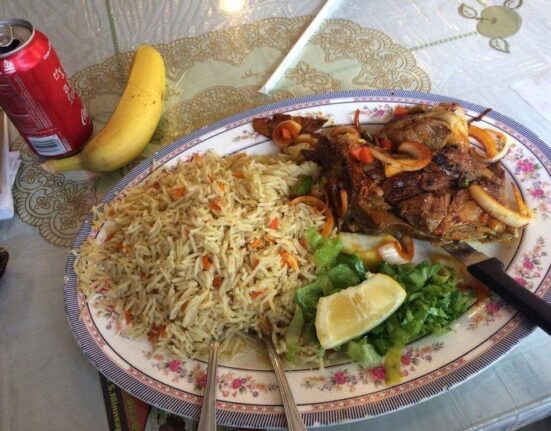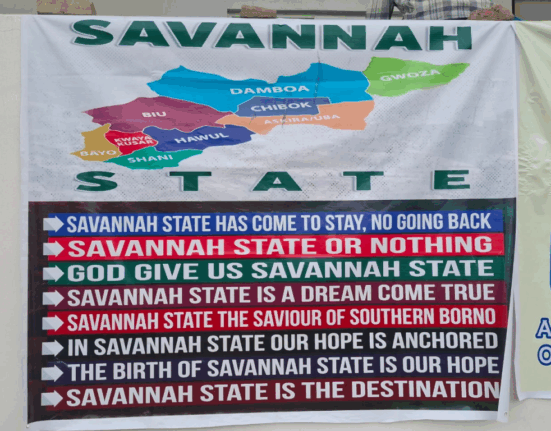The Dalai Lama, a revered spiritual figure for Tibetan Buddhists, made a significant announcement regarding the recognition of his future reincarnation. He declared that the Gaden Phodrang Trust, a non-profit organization established in 2011 in the town of Dharamshala, India, where the Dalai Lama resides, would hold exclusive authority in identifying his successor. This decision firmly excludes any involvement from China in the selection process, emphasizing the trust’s pivotal role in determining the next spiritual leader of Tibetan Buddhism.
The trust comprises key individuals, including the Dalai Lama himself, senior monk Samdhong Rinpoche, and close aides working closely with the spiritual leader. Notably, the Dalai Lama assumes the trust’s leadership, while Rinpoche serves as the “alternate chairperson,” the second-highest official in the organization. All members of the trust are required to be based in India, reflecting the Dalai Lama’s longstanding exile from Tibet following the failed uprising against Chinese rule in 1959.
Central to the trust’s mission is to provide support for the Dalai Lama’s spiritual and humanitarian endeavors. In a recent address at a religious conference, the Dalai Lama emphasized the importance of consulting with heads of Tibetan Buddhist traditions and senior religious figures to adhere to established traditions in the search and recognition of his reincarnation. While initial plans to leave written instructions for this process were discussed in 2011, Rinpoche revealed that the Dalai Lama had postponed this step due to his robust health and commitment to a prolonged life, with aspirations to mark his 90th birthday and potentially live to 110.
Beyond the Gaden Phodrang Trust in India, a separate non-profit entity bearing the same name operates in Zurich, Switzerland. This organization, similarly led by the Dalai Lama with his aides as members, focuses on upholding the traditions and responsibilities associated with the spiritual and religious duties of the Dalai Lama. Additionally, the Dalai Lama Trust, functioning as the charitable arm of the Dalai Lama’s office in Dharamshala, plays a crucial role in supporting his various initiatives.
The Dalai Lama’s deliberate choice to entrust the Gaden Phodrang Trust with the significant task of identifying his successor underscores his commitment to preserving Tibetan Buddhist traditions and autonomy. His stance aligns with the “middle-way approach,” advocating for Tibetan cultural and religious preservation within the framework of Chinese governance, without seeking outright independence. As the Dalai Lama prepares to celebrate his 90th birthday and looks ahead to potential decades of continued influence, the trust’s role in safeguarding the lineage and legacy of Tibetan Buddhism remains paramount.
In the intricate tapestry of Tibetan spiritual leadership and the intricate dance between tradition, modernity, and geopolitical complexities, the Dalai Lama’s decision to empower the Gaden Phodrang Trust stands as a pivotal moment with far-reaching implications. It not only reinforces the spiritual leader’s agency in determining his successor but also underscores the enduring significance of Tibetan Buddhism in the face of evolving global dynamics. As the trust navigates the delicate process of identifying the next Dalai Lama, its actions will not only shape the future of Tibetan Buddhism but also resonate on a broader scale, symbolizing the enduring quest for spiritual continuity and cultural resilience in a rapidly changing world.









Leave feedback about this